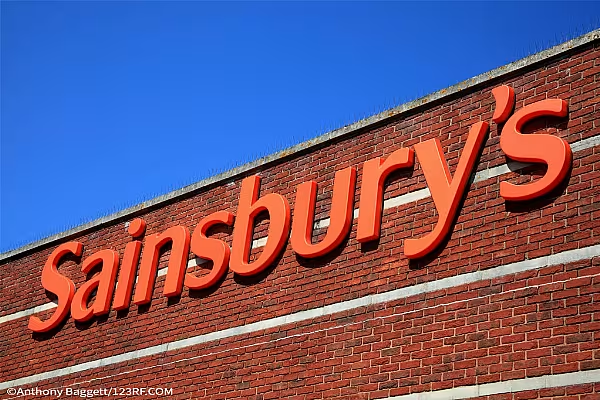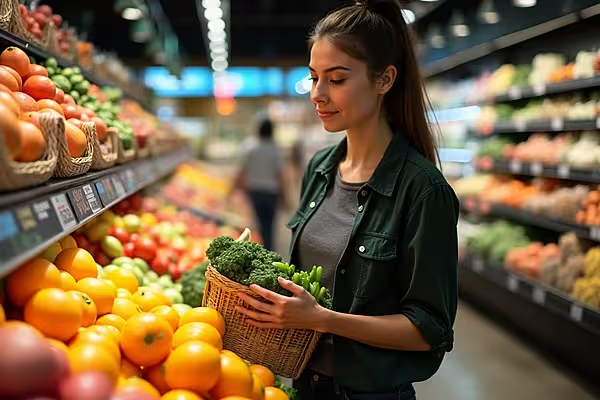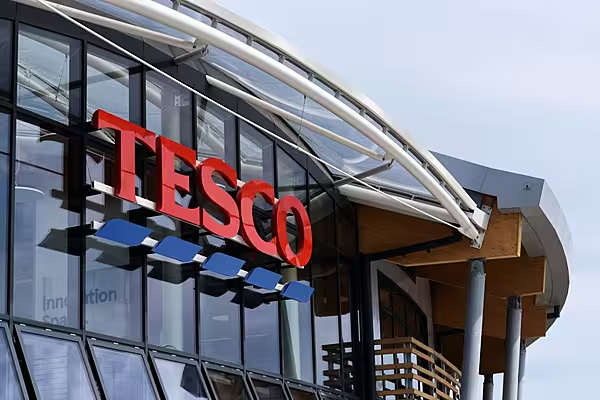UK supermarket group Sainsbury's has reported a statutory group sales increase of 4.4% in the first half of its financial year, however retail operating profit fell 9%, reflecting higher operating costs and reduced volumes.
"Our strong results are testament to the outstanding commitment and contribution from every member of our team," commented Simon Roberts, Sainsbury's chief executive. Here's how leading industry analysts viewed its performance.
Russ Mould, AJ Bell
“Food price inflation may be continuing to climb but, when it comes to the factors within Sainsbury’s control, it seems to be doing a decent job.
“The company’s efforts to keep prices as low as possible, while still preserving quality, is paying off in terms of some modest market share gains. Given Sainsbury’s positioning you imagine this might be at the expense of higher-end grocers like Waitrose and Marks & Spencer, rather than the discounters.
“Investors always like to see costs coming out of a business, so long as it’s done in a sustainable way and Sainsbury’s is ticking that box at the moment.
“Selling food and consumer staples is not a bad place to be in a downturn - after all, we still need to eat and clean ourselves and our homes. However, the picture is complicated by Argos which is much more exposed to discretionary consumer spending. In that respect, Sainsbury’s confidence on the outlook for the Christmas period is notable.”
Orwa Mohamad, Third Bridge
“As hard-pressed shoppers shift from branded products to cheaper alternatives this should benefit Sainsbury’s thanks to the strength and depth of their own-label assortment.
“However, Sainsbury’s margins are under incredible pressure because they cannot pass on the full costs of inflation to their customers. They are also facing intense competition from discounters.
“Sainsbury’s won’t be a main beneficiary from the consumers trading down from eating out because they sit squarely in the middle market. They will see some customers trading down from Waitrose and M&S but lose customers to discounter rivals. Sainsbury’s should rationalise the number of products they are offering to drive operational efficiencies.”
“Sainsbury’s online channel would see a structural improvement if the grocer could automate their picking process and encourage more click-and-collect.”
Charlie Huggins, Wealth Club
"These are solid enough results from Sainsbury's, but it is difficult to get excited. It’s just such a tough industry, with fierce competition, fickle consumers and thin margins.
"UK grocery shoppers have abundant choice – from premium shops like Waitrose, Ocado and M&S to Asda, Aldi and Lidl at the other end. In the middle is Sainsbury's. It does its job perfectly well, but isn’t perceived as the cheapest or the best. This makes for a tough gig, especially in an inflationary environment.
To be fair to Sainsbury's, it isn’t taking this lying down. It has lowered prices and significantly increased online capacity. But all this comes at a cost. With the economy being strangled by higher interest rates and inflation, Sainsbury’s will have to run very hard just to stand still."
Roberto Rivero, Admirals
“Despite Sainsbury’s Q1 trading statement in July showing clear signs of inflationary pressure on consumption, revenue has proven resilient in the first half of the year and the supermarket claims to remain on course to deliver their full-year profit outlook.
"Nevertheless, despite sales revenue rising year on year, operational profit has fallen, as higher costs appear to take their toll. In an inflationary environment, it is imperative that businesses are able to pass higher costs onto consumers. If they can’t, profit margins inevitably shrink and, possibly, disappear altogether.
"As supermarkets sell a wide variety of essential goods one might expect them to have a high level of pricing power. However, this is not necessarily the case. The supermarket industry is highly competitive, they all sell similar products and, consequently, customer loyalty is very limited.
"Therefore, supermarkets struggle to pass on price increases as, if the price becomes too high, consumers will simply do their shopping elsewhere. Sainsburys, in particular, lacks the low-cost reputation which many of its closest competitors enjoy. The longer the cost-of-living crisis continues, the more difficult things are likely to become for Sainsburys, and, indeed, their competitors.”
Clive Black, Shore Capital
"Given the prevailing macroeconomic backdrop, we warmly welcome this results statement from Sainsbury's and actually view it as a veritable triumph! By design, the group's strategy has really kicked into the key areas to deliver a robust trading performance, more so relatively, a really sound non-food out-turn that with cost savings is making this business operationally and financially stronger.
"With tailwinds, the world could be Sainsbury's oyster. Hence we are relieved that management can reiterate FY23 guidance, which allows us to retain our financial forecasts when in truth we harboured worries on this front, whilst being a little more confident on the potential FY24 out-turn too (flat year-on-year)."
© 2022 European Supermarket Magazine – your source for the latest Retail news. Article by Stephen Wynne-Jones. Click subscribe to sign up to ESM: European Supermarket Magazine.













